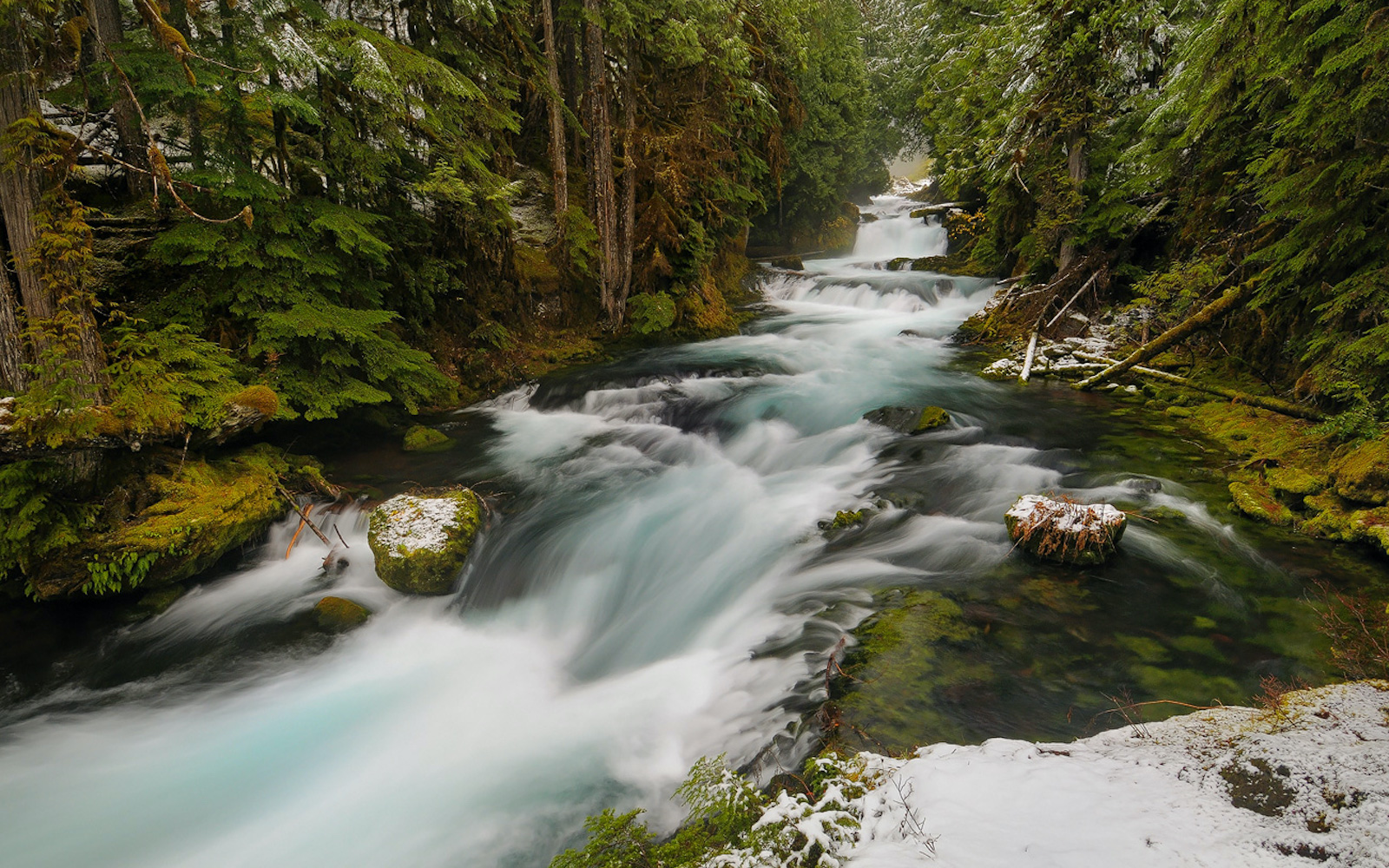FOR IMMEDIATE RELEASE
December 7, 2022
Contact:
Grace Brahler, Cascadia Wildlands, 785-393-1012; grace@cascwild.org
Following two years of extensive research, analysis, and outreach, the Eugene Water and Electric Board’s (EWEB) General Manager and staff presented a recommendation to decommission and remove the Leaburg Hydroelectric Project and Dam at the December 6 Board of Commissioners meeting. In agreement with the recommendation, the Board directed EWEB staff to convert the recommendation to an action item for the Board to vote to approve early next year.
Cascadia Wildlands, a Eugene-based non-profit conservation organization that works to defend and restore Cascadia’s wild ecosystems, attended the meeting and testified in strong support of the recommendation.
Grace Brahler, Wildlands Director for Cascadia Wildlands, said the following after EWEB’s meeting:
“The Eugene Water and Electric Board’s plan to remove Leaburg Dam and restore this portion of the McKenzie River is a truly historic opportunity and the right move as we confront the mounting impacts of the climate crisis. Imperiled fish and wildlife, recreationists, and the hundreds of thousands of Oregonians who rely on the McKenzie River for clean drinking water will reap the benefits of this decision for generations.”
“We are thrilled that the Eugene Water and Electric Board will take action to restore this stretch of the McKenzie River, which will markedly improve habitat for fish and wildlife and protect a precious drinking water source for downstream communities. This is a once-in-a-lifetime decision, the benefits of which will unfold over generations.”
“We strongly support EWEB’s decision to move forward with removing the Leaburg Dam for the many benefits for imperiled species and other wildlife that rely on the McKenzie River. These species need cool, clear water to survive, especially as the impacts of the climate emergency exacerbate the many stresses they currently face.”
“We recognize this restoration plan will be a big shift for the neighboring community which has grown up with the century-old dam. In particular, we hope that EWEB will continue to support organic farmers upriver who nourish the community and have relied on the canal for irrigation.”
Representing 12,000 members and supporters across the country, Cascadia Wildlands envisions vast old-growth forests, a stable climate, rivers full of wild salmon, wolves howling in the backcountry and vibrant, diverse communities sustained by the unique landscapes of the Cascadia bioregion.

